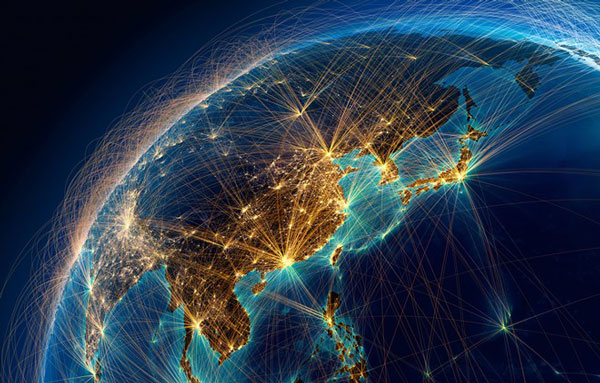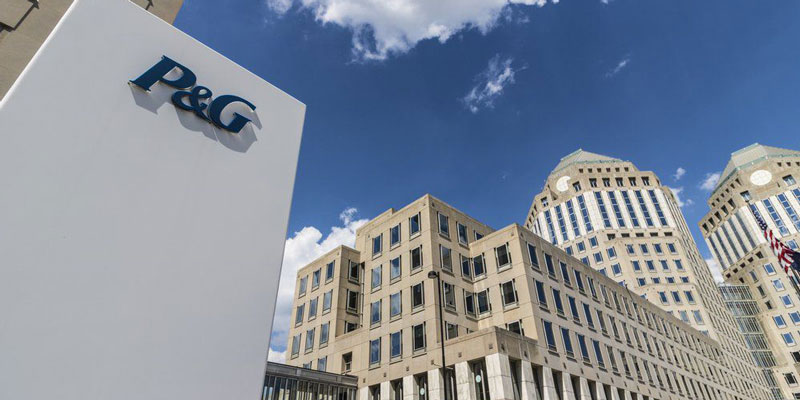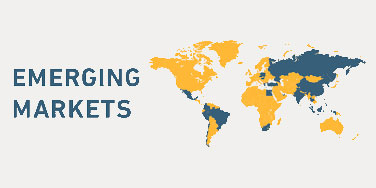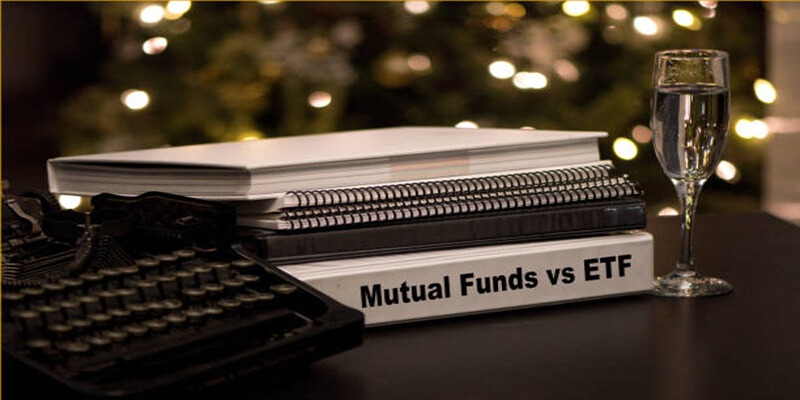The most recent invasion of Ukraine by Russia, as well as the ensuing reactions from governments all over the globe, are among the most current threats to affect assets invested in developing markets. As this article was written, several economic penalties have been placed on Russia by other nations. However, the impact on the various financial markets is much more difficult. The Moscow Exchange is still closed, and the trading of certain locally listed depositary receipts of Russian corporations has been stopped on exchanges in Europe and the United States.
The effect on investors in broad emerging-market funds should be minimal, even though the situation is not ideal since Russian equities and bonds only make up a tiny portion of the portfolios that are being impacted. This historical montage illustrates how developing markets are subject to additional dangers; yet, it serves as a reminder that these risks exist.
Influence In Politics And Other Forms Of Bribery
In late 2015, one of the most recent and high-profile instances of corruption in developing countries became public knowledge. Petrobras (PBR), the state-owned oil firm in Brazil, had some of its executives caught up in a complex web of bribery and kickbacks involving the company's contractors, other executives, and Brazilian politicians. [1] The scheme resulted in the theft of money from the corporation while benefitting the persons involved, including Luiz Inacio Lula da Silva, Brazil's former president. She was ultimately sentenced to time served in jail.
Characters Who Come And Go Regularly
The economies of mature countries like the United States, Western Europe, and Japan are more stable and predictable than emerging markets like China and India. This adds to the volatility of their stock markets and potentially results in the closing of whole markets or even the markets themselves collapsing. Portfolio turnover is higher in the emerging markets universe than in the developed markets universe since nation membership changes hands more often in the emerging markets universe.
Morningstar Fund Investor
We need not go back quite that far in history to locate relevant instances. The MSCI Emerging Markets Index no longer includes any stocks listed in Venezuela or Argentina since trading on those markets has become increasingly challenging in recent years. This decision was made in 2006 and 2009, respectively. Late in 2013, Greek equities were included in the portfolio after the country's fall from developed-market classification to emerging-market status due to the country's ongoing financial crisis. Stocks from Qatar, the United Arab Emirates, and Saudi Arabia have been added to the mix over the previous several years.
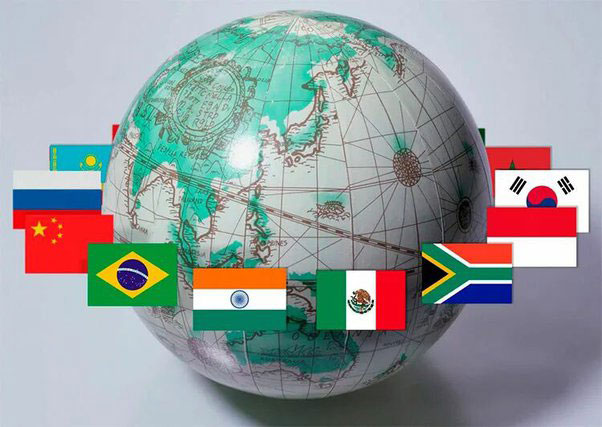
As a result of the fact that many of the nations that move in and out of the emerging-markets universe are niche markets, the effect of this movement on the composition of an index fund is likely to be minimal. However, this also implies that such equities are less liquid, making trading them more difficult and costly.
Commerce As Well As Taxes
Trading equities from developing nations cost-efficiently may be a tough endeavor. The liquidity of these markets is often lower, there may be currency-related concerns to consider, and there may be transaction taxes. Furthermore, we have witnessed cases where local unrest has caused some of these exchanges to shut for lengthy periods. About the structure of exchange-traded funds, certain markets, such as mainland China, South Korea, and Brazil (amongst others), prohibit in-kind redemptions. This transaction enables ETF managers to rid their funds of securities with unrealized capital gains without making taxable distributions to investors. This method is the fundamental pillar around which the tax effectiveness of ETFs is built.
ETFs that focus on equities in these particular markets must sell their shares directly to the market and distribute any capital gains to their owners. This may result in the shareholders being required to pay more taxes than they would want. One of the most egregious capital gains distributions in recent history was made by the VanEck Vectors China Growth Leaders ETF (GLCN) in 2018. This fund invests in equities traded on mainland China's Shanghai and Shenzhen markets. The fund's payout for 2018 is equal to 8% of the fund's closing net asset value as of December 31, 2018.
Riskier, But Not Unreasonable
Although taken together, these dangers don't paint an especially bright image, and it doesn't imply investors should completely steer clear of developing markets. When investing in developing economies, the fact that there are more risks involved just highlights how important diversification is. A sensible strategy would be to invest in broad-market index funds, which distribute their holdings across various companies and nations. However, the increased volatility in these markets makes us less confident in the ability of broad-market index funds to surpass the average performance of their Morningstar category.
